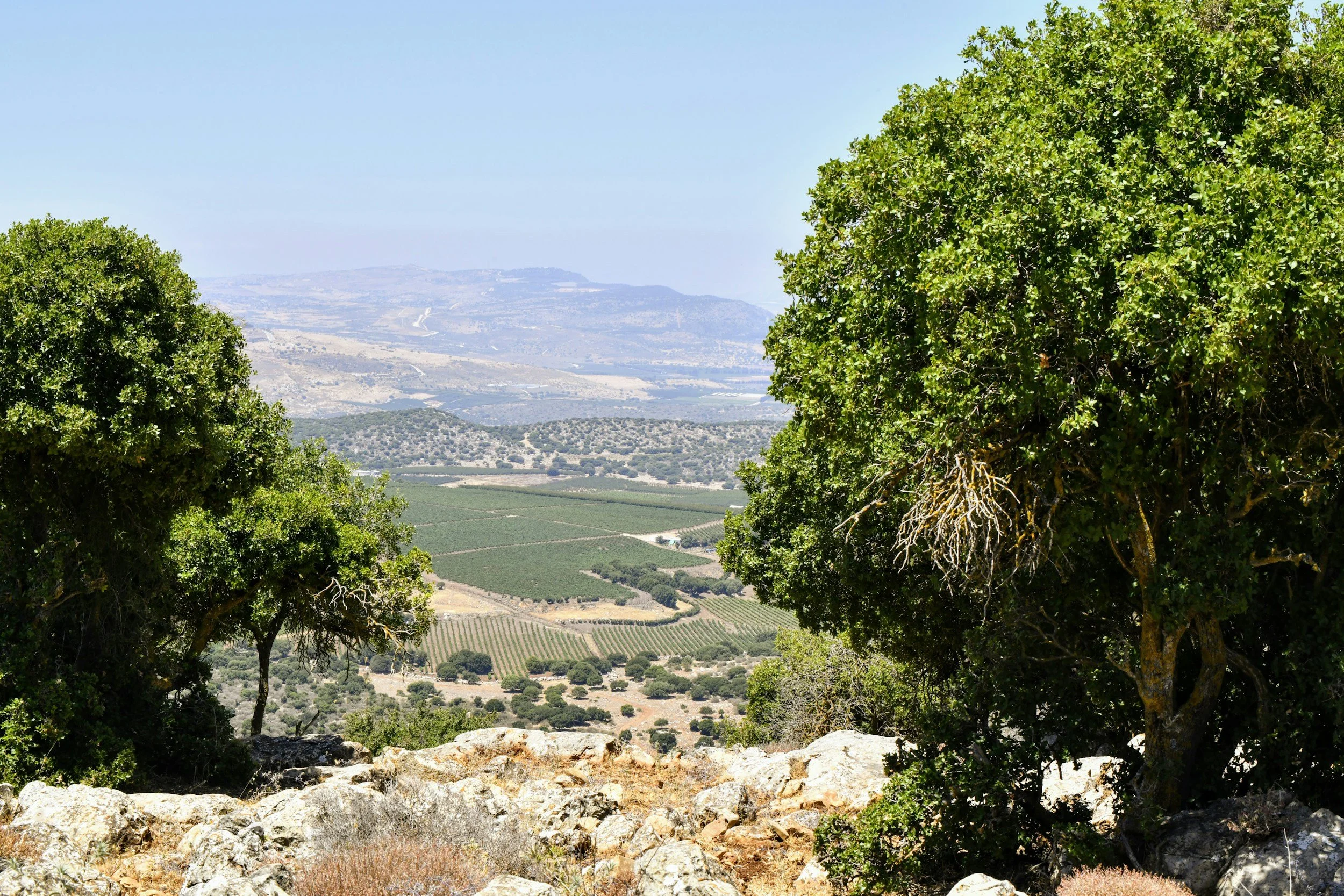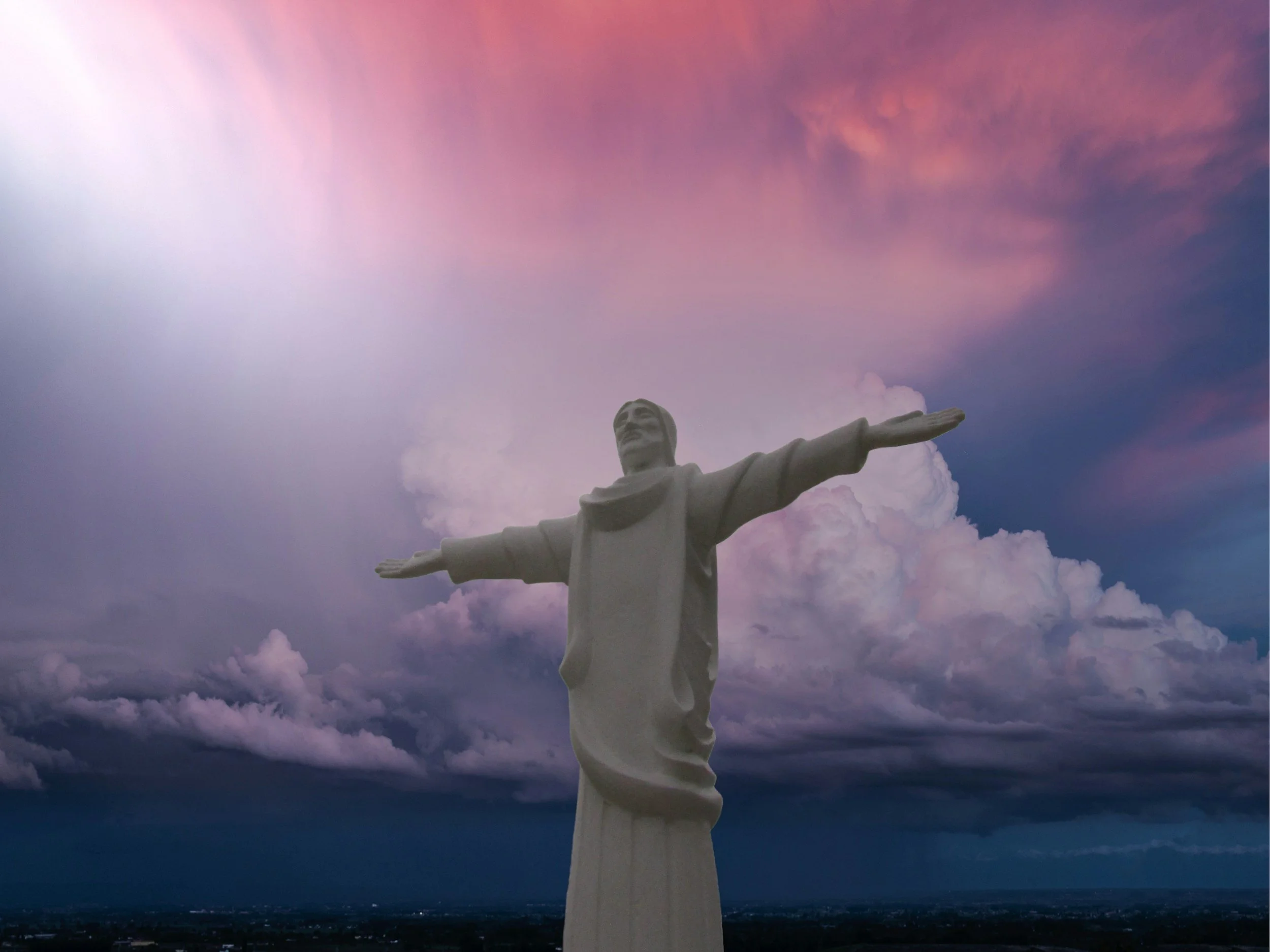Exodus 3:1-12 The God Who Calls
“So now, go. I am sending you to Pharaoh to bring my people the Israelites out of Egypt.”
Overview
While tending his father-in-law Jethro's flock in the wilderness of Horeb, Moses encounters a bush that burns without being consumed. As he approaches, God calls him by name: “Moses, Moses.” Standing in the presence of God, Moses is told to remove his sandals as an act of reverence, for the ground beneath him is holy. God reveals Himself as the God of Abraham, Isaac, and Jacob, saying He has seen His people’s suffering and has come down to save them. Then, to Moses’ astonishment, God commissions him to lead Israel out of Egypt. Moses hesitates, feeling not good enough, but God assures him, “I will be with you,” and gives him a sign—their eventual worship at this very mountain.
This passage marks Moses’ transition from a shepherd in exile to becoming a shepherd of God’s people.
Holy Ground in Ordinary Places”
Moses didn’t expect to meet God while herding sheep. Yet that’s exactly where the divine encounter happened—in the quiet wilderness, amid the mundane rhythm of his days. Often, God’s most transformative invitations come when we least expect them.
The bush burned, but it didn’t burn up. It caught Moses’ attention, drawing him closer. God often uses interruptions to get our focus. The moment Moses turned aside, heaven broke into earth’s silence. “Moses, Moses,” God called—and the shepherd became a chosen messenger.
When God told Moses to remove his sandals, it wasn’t about ritual but reverence. The ground became holy because God was there. Our “holy ground” may be a hospital room, a kitchen table, or a cubicle-anywhere God chooses to reveal Himself and speak purpose into our lives.
God’s words to Moses-“I have seen… I have heard… I am concerned… I have come down”—reflect His compassion and faithfulness. He doesn’t remain distant from our pain. He acts. And surprisingly, He invites us to act with Him.
Moses’ first reaction was self-doubt: “Who am I?” But God’s answer redirected the focus: “I will be with you.” The calling wasn’t about Moses’s ability; it was about God’s presence. God sustains every mission of God.
You and I are called into similar moments—when God awakens our awareness and calls us to join in His redemptive work. The burning bush still burns today—in acts of mercy, whispers of conviction, and divine opportunities hidden within ordinary days. May we pause, remove our shoes, and say, “Here I am.”
Why This Is Important
This scene reveals that God calls ordinary people from ordinary places to accomplish extraordinary missions. Moses’ years in the wilderness weren’t wasted—they prepared him for leadership, humility, and reliance on God. The burning bush symbolizes a divine presence that purifies without destroying. God’s call demonstrates that redemption always begins with God’s initiative, not human effort.
The Israelites needed more than just rescue; they needed formation, and Moses’ encounter begins that process. Similarly, God often calls us when we feel unqualified—so that His power, not ours, becomes the source of deliverance.
God’s Promises — Past, Present, Future
Past: God remembers His covenant with Abraham, Isaac, and Jacob. He has seen, heard, and remembered the cries of His people. (Genesis 26:3-5)
Present: God reveals His active presence-“I have come down to rescue them.” His call to Moses shows He works through willing servants. (Exodus 3:8)
Future: God promises His continued presence-“I will be with you.” That same assurance extends to all who are called to God’s work today, culminating in Christ’s Great Commission: “I am with you always, even to the end of the age.” (Matthew 28:20)
Please share this post with a friend and ask them to follow/like/subscribe on the below social platforms to help me spread my content! Thanks! I appreciate your support!










